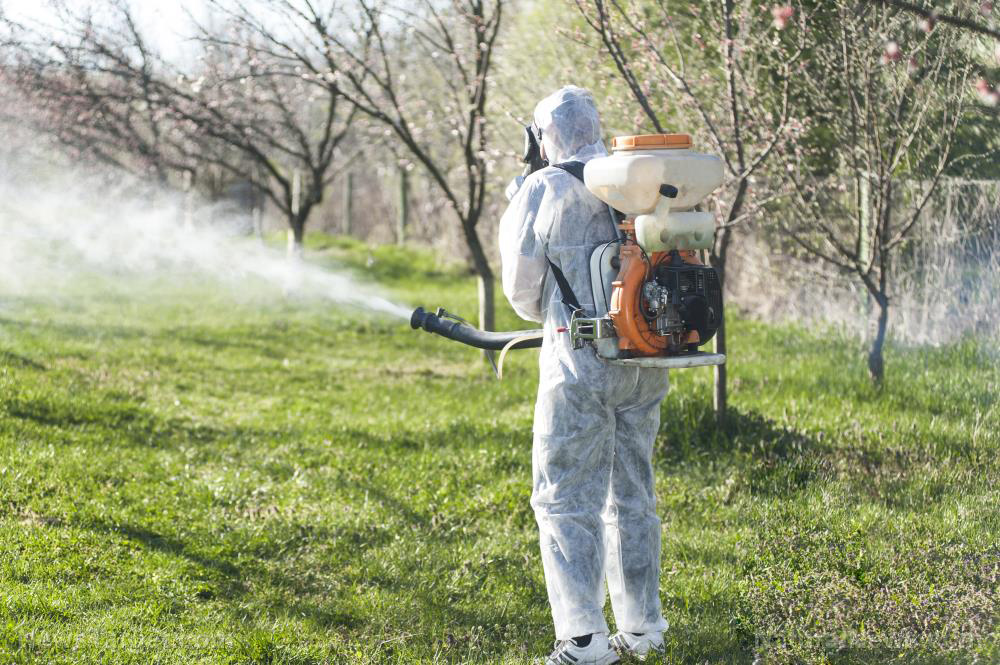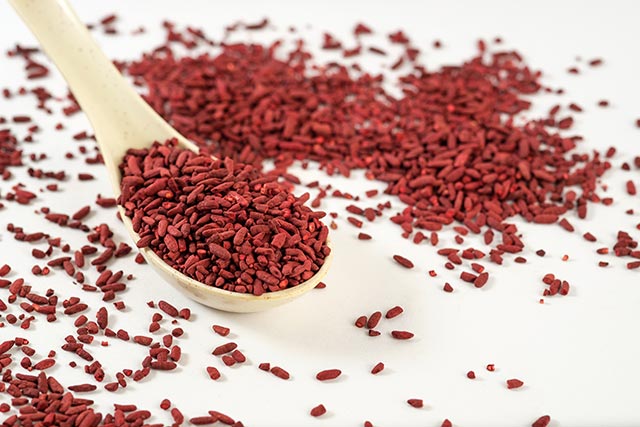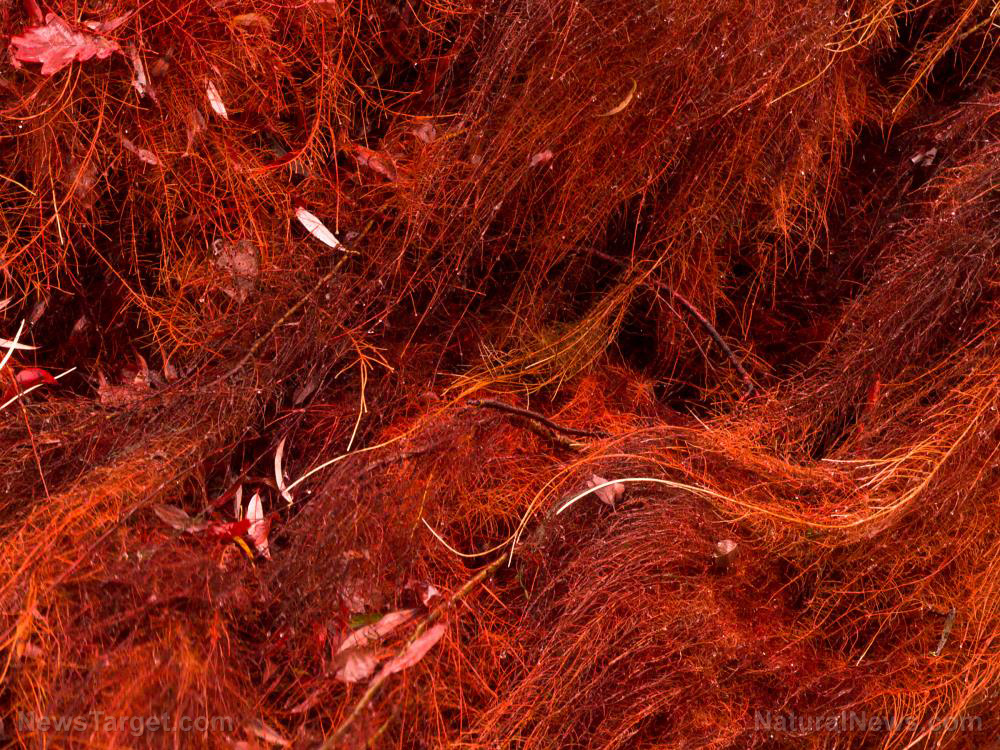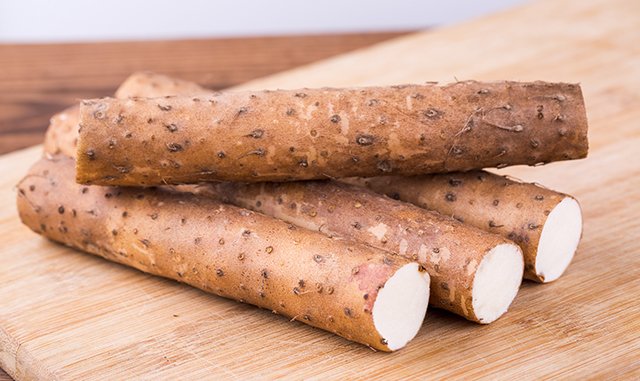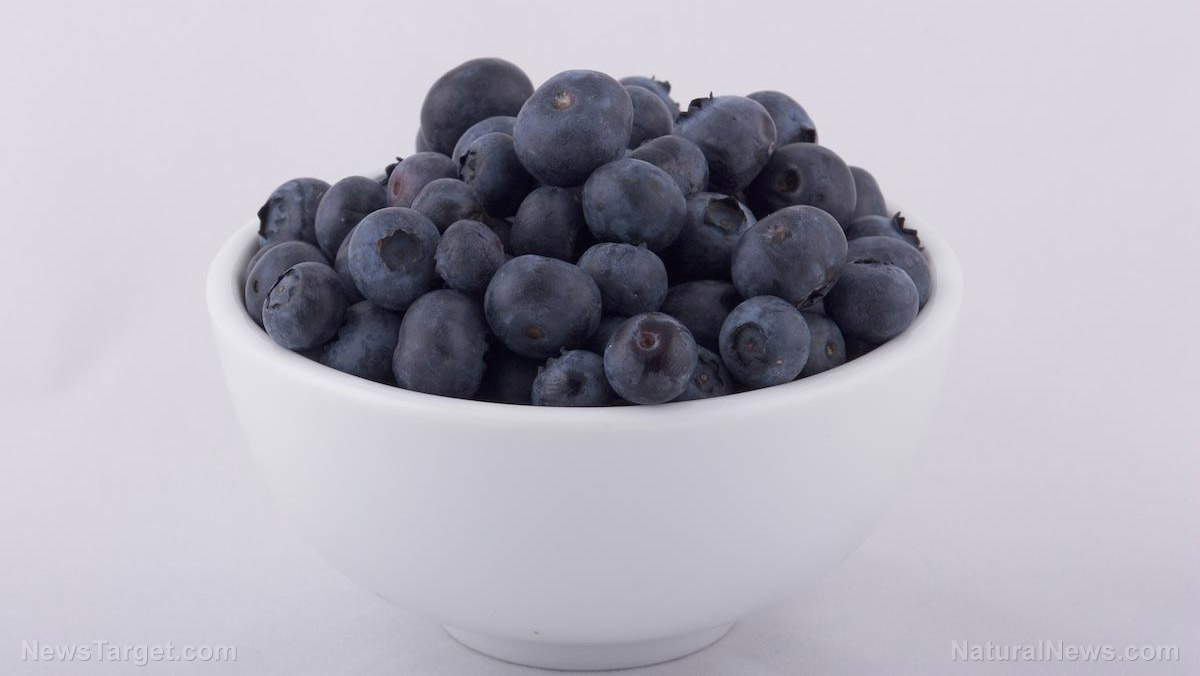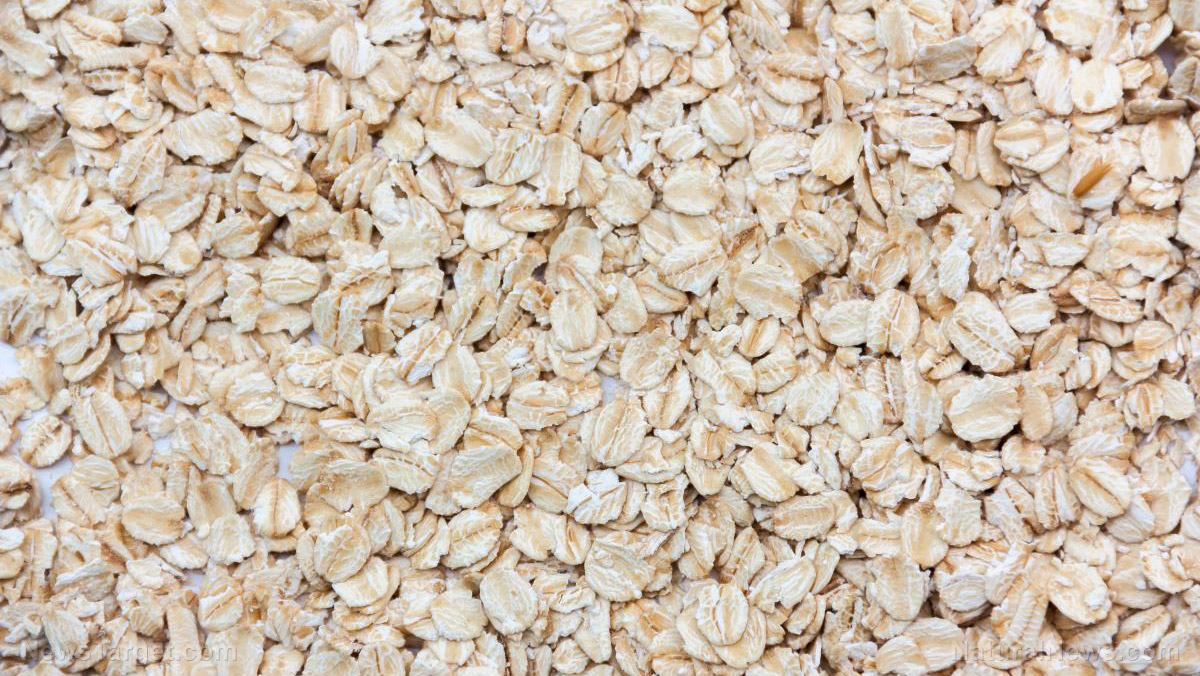Scientists investigate resveratrol’s anti-hypertension properties
12/31/2019 / By Edsel Cook
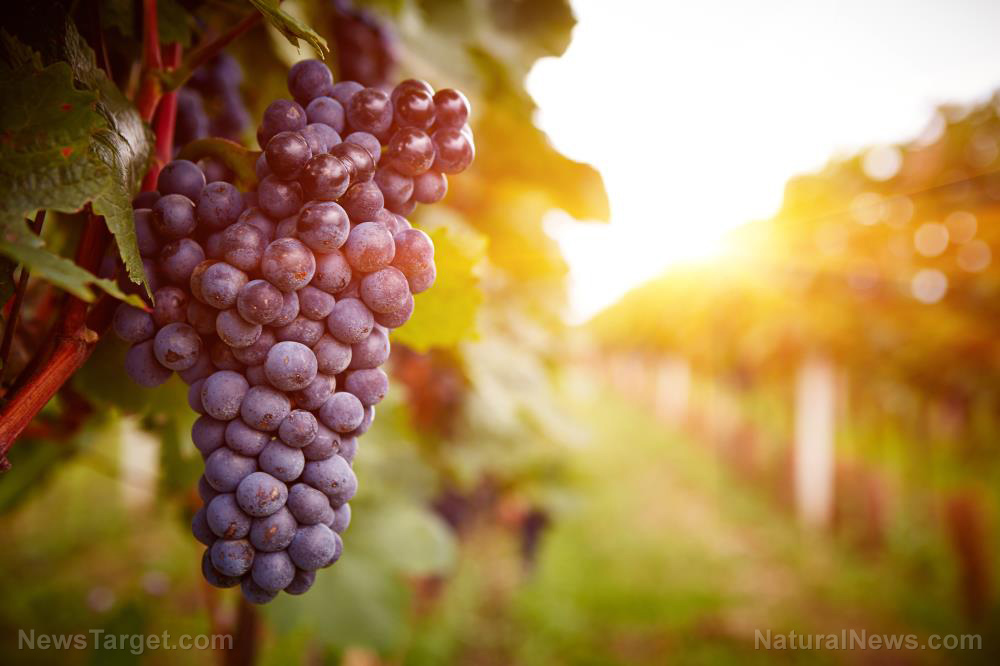
Your cardiovascular system will appreciate all of the blueberries, peanuts, red grapes, and red wine in your diet. The foods contain resveratrol, a natural compound that helps normalize blood pressure. Studies have already uncovered many other health benefits of resveratrol. It protects nerve cells against the aging process and may reduce the risk of cancer. Further, resveratrol lends strong support to the cardiovascular system. Animal studies with mice and rats showed that the compound lowers the risk of suffering cardiovascular conditions. Even its polydatin precursor helps the heart.
How resveratrol protects the heart from cardiovascular problems has evaded researchers for quite a while. Some experts theorize that its cardio-protective effects come from its antioxidant activity. A team from King’s College London (KCL) looked into the way resveratrol supported the heart. They added the compound to the food of mice with high blood pressure.
Their findings ran counter to the theory that resveratrol’s antioxidant properties protected the heart from harm. Instead, the compound improved cardiovascular health through oxidation, the process countered by antioxidants. (Related: Compound in red wine can slow down aging.)
Resveratrol proves that not all oxidants are bad
The KCL researchers raised wild-type mice and induced the animals to develop high blood pressure. They measured the blood pressure of the rodents and kept track of the levels throughout the experiment. The animals received either standard food or a diet supplemented with resveratrol. At the end of the study, the mice that took resveratrol supplements experienced lower blood pressure. Their levels went down by around 20 millimeters of mercury.
Furthermore, the researchers learned that resveratrol got the blood vessels to relax by activating a protein called PKG1a. It oxidized the protein, which caused the vessel’s walls to relax and expand.
“Resveratrol mediates lowering of blood pressure by paradoxically inducing protein oxidation, especially during times of oxidative stress, a mechanism that may be a common feature of ‘antioxidant’ molecules,” reported KCL researcher Joseph Burgoyne and his co-authors.
Resveratrol is considered an antioxidant that neutralizes oxidants, which are harmful oxygen molecules. In most cases, oxidants damage cells and tissues by oxidizing them. However, the experimental results showed that resveratrol might also act as an oxidant. Further, it supported heart health, which ran contrary to what oxidants usually did.
Based on his team’s findings, Burgoyne said that not all oxidants harm human health. He believed that many other “antioxidants” might also achieve their beneficial effects through oxidation.
Don’t get resveratrol from red wine — try berries
The KCL researchers verified the results of their mice model by running a similar experiment using human cell lines. They collected smooth muscle cells from human blood vessels and treated the cultures with resveratrol. Their analysis showed that resveratrol achieved the same oxidizing effect on the PKG1a proteins in the human cells. Thus, the compound also relaxed human blood vessels.
While red wine contains resveratrol, consuming large amounts of the grape-based alcoholic drink is not recommended. Resveratrol is somewhat insoluble. Burgoyne’s team gave an extremely high concentration of resveratrol to the mice. A human would have to drink 1,000 bottles of red wine to achieve the same body-to-weight dosage. Instead, it is better to get the nutrient straight from the source — whole foods. Berries like blueberries, cranberries, and grape have high concentrations of resveratrol.
“This study reveals the surprising way in which resveratrol works and opens up the possibility of new blood pressure drugs which work in a similar way,” commented KCL researcher Metin Avrikan, who didn’t participate in the study. “The findings bring us a step closer to tackling this ‘silent killer’ which puts people at risk of having a devastating stroke or heart attack.”
Sources include:
Tagged Under: antioxidants, blood pressure, cardiovascular health, food is medicine, heart health, high blood pressure, hypertension, natural cures, natural medicine, nutraceuticals, nutrients, oxidation, resveratrol, supplements
RECENT NEWS & ARTICLES
ReverseHeartDisease.News is a fact-based public education website published by Reverse Heart Disease News Features, LLC.
All content copyright © 2018 by Reverse Heart Disease News Features, LLC.
Contact Us with Tips or Corrections
All trademarks, registered trademarks and servicemarks mentioned on this site are the property of their respective owners.






